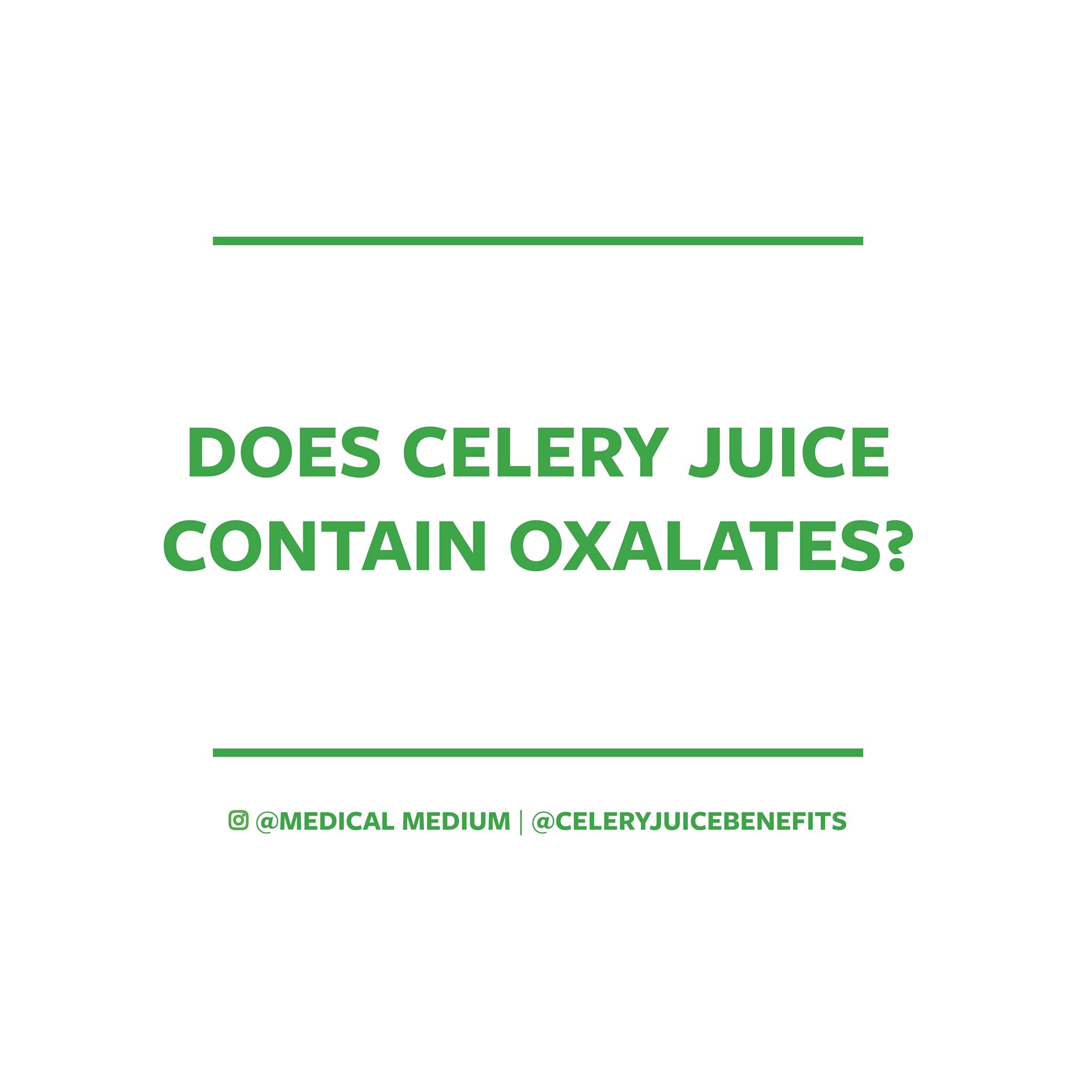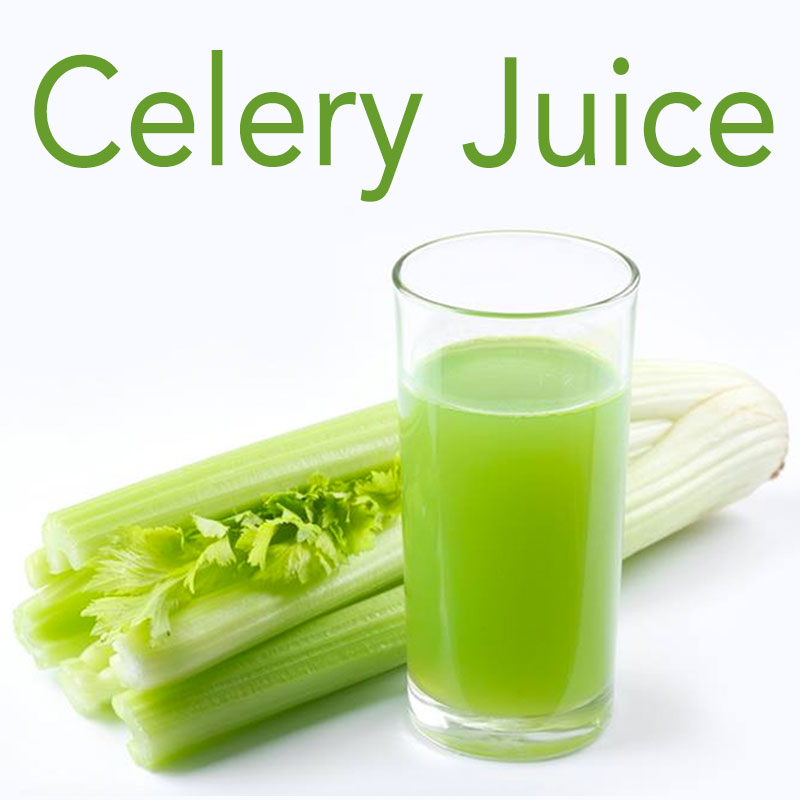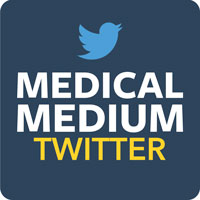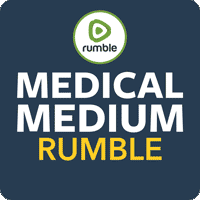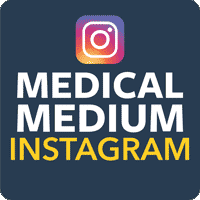Does celery juice contain oxalates?
There is a myth that certain leafy green vegetables and herbs like celery are high in oxalates and are therefore harmful. This is completely incorrect and is preventing many people from getting some powerful and needed nutrients and healing properties provided by foods deemed to be high in oxalates. Oxalates are not the concern they are believed to be.
There are oxalates in every single fruit and vegetable on the planet. The vast array of nutrients in so-called high oxalate leafy greens and celery are some of the most nutritious available to us. Medical research and science has not discovered that there are anti-oxalates in fruits, vegetables, and leafy greens that prevent the oxalates from causing us the damage the current trend tells us they do.
In reality, these foods don’t cause us any harm, rather they provide us with critical healing nutrients like phytochemicals, vitamins, and minerals. If you’re still concerned with oxalate sensitivity, start with a little bit of celery, lettuce and add in more fruits, greens, and vegetables slowly, however the oxalates won't cause an issue when you consume a lot of them either. Eating leafy greens and celery in their raw state is especially helpful.
Excerpts from Celery Juice by Anthony William, Chapter 19. Read the full explanation and get your copy today at Amazon, Barnes & Noble, Books-A-Million, The Book Depository, and anywhere books are sold.
The information provided on this Site is for general informational purposes only, to include blog postings and any linked material. The information is not intended to be a substitute for professional health or medical advice or treatment, nor should it be relied upon for the diagnosis, prevention, or treatment of any health consideration. Consult with a licensed health care practitioner before altering or discontinuing any medications, treatment or care, or starting any diet, exercise or supplementation program. Neither Anthony William nor Anthony William, Inc. (AWI) is a licensed medical doctor or other formally licensed health care practitioner or provider. The content of this blog and any linked material does not necessarily reflect the opinions of Anthony William, AWI or the principal author, and is not guaranteed to be correct, complete, or up to date.
